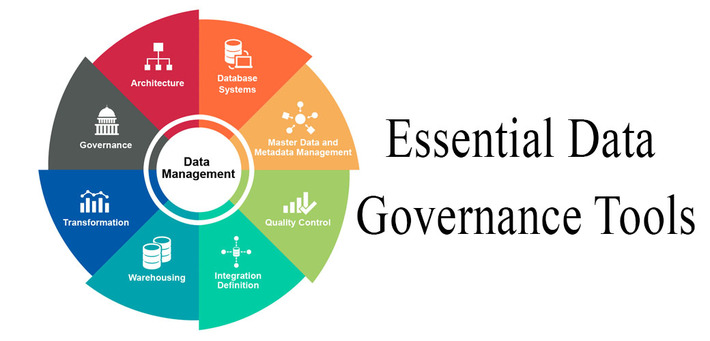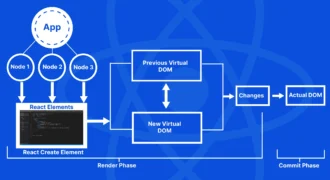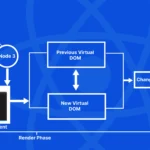Unveiling the Power of Data Governance Tools
Why Is Data Governance Essential?
At its core, data governance ensures that data throughout an organization is consistent, trustworthy, and used properly. Poor data governance can lead to inconsistent data, misinformed business decisions, regulatory non-compliance, and even security breaches. When data isn’t governed correctly, its value diminishes, and the consequences can be dire.
Features of Stellar Data Governance Tools
While the specifics might differ, certain features are imperative for a robust data governance tool:
- Data Quality Management: Assuring data is consistent and reliable across the organization.
- Metadata Management: Tracking where data comes from and how it changes over time.
- Data Security and Privacy: Ensuring data protection measures are in place and adhered to.
- Audit Trails: Recording who accesses data, when, and why – crucial for compliance and security.
- Workflow and Collaboration Tools: Allowing multiple teams or departments to work on data projects simultaneously.
The Unsung Benefits
Beyond the evident advantages of maintaining data integrity and ensuring regulatory compliance, robust data governance can offer:
- Improved Decision-Making: Trustworthy data leads to better business choices.
- Operational Efficiency: Reducing data-related errors cuts down on wasted time and resources.
- Risk Reduction: Properly governed data reduces the risk of breaches and non-compliance penalties.
- Enhanced Data Value: Well-governed data can lead to new insights and opportunities.
Choosing the Right Tool for Your Needs
It’s not just about having a data governance tool; it’s about having the right one. Here’s what to consider:
- Scalability: Can the tool grow with your data needs?
- Integration: Does it seamlessly fit with your existing systems and software?
- User-Friendly: Is it intuitive for all users, regardless of their technical proficiency?
- Customizability: Can it be tailored to fit your specific industry and organizational requirements?
The Future of Data Governance Tools
The trajectory of technological advancement suggests that the importance of data governance tools will only amplify in the coming years. With innovations such as artificial intelligence, machine learning, and IoT devices flooding the market, the amount of data generated and collected will skyrocket. This rapid expansion means that traditional methods of data governance might soon become obsolete. Upcoming tools will likely utilize AI to self-regulate, auto-correct, and even predict potential data discrepancies before they arise. Companies will need to stay abreast of these changes to ensure they remain competitive in a constantly evolving digital landscape.
Challenges in Implementing Data Governance
While the benefits of data governance are undeniable, the road to its full-fledged implementation is not without obstacles. Organizations often face resistance from internal stakeholders who are set in their ways and apprehensive about adopting new technologies. There’s also the challenge of the initial financial outlay, which can be significant, especially for small to medium enterprises. However, it’s crucial to understand that the cost of not implementing proper data governance – in terms of errors, inefficiencies, and potential regulatory fines – can be far greater in the long run.
Cultural Shift Toward Data Responsibility
For data governance to be truly effective, it needs to be ingrained in the organizational culture. It’s not just about having the right tools but about fostering a culture where every stakeholder, from the top leadership to the frontline employees, recognizes the importance of data integrity. Organizations should offer training sessions, workshops, and regular updates on data governance best practices. With a collective effort, businesses can transform their data governance from a mere functional requirement to a core organizational value, leading to more informed decisions and sustainable growth.
See more: https://dbmstools.com/categories/data-governance-tools
Conclusion
In today’s data-centric business landscape, data governance tools are not just a luxury but a necessity. With the right tools in place, organizations can not only protect and optimize their data but also unlock new avenues of growth and innovation. Remember, in the realm of data, governance isn’t just about control; it’s about empowerment.


















